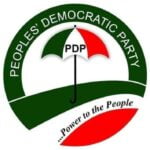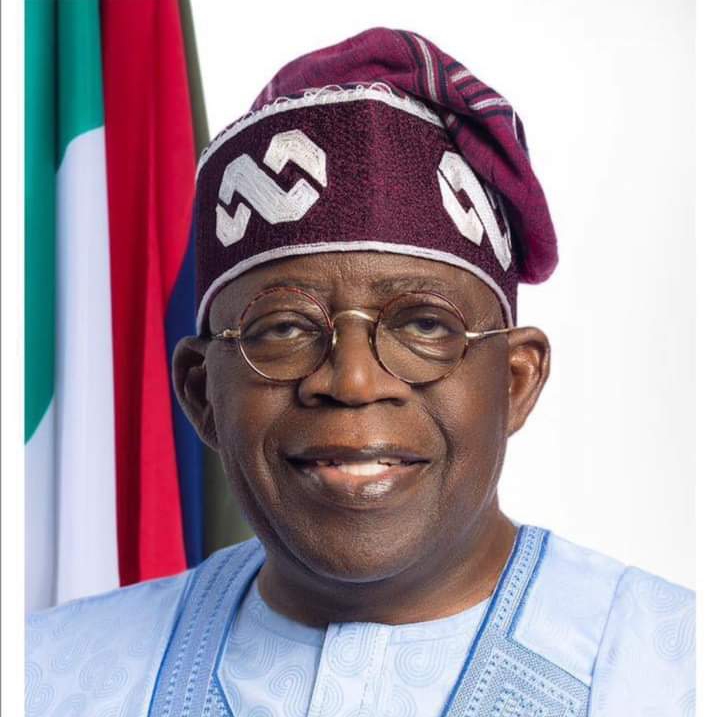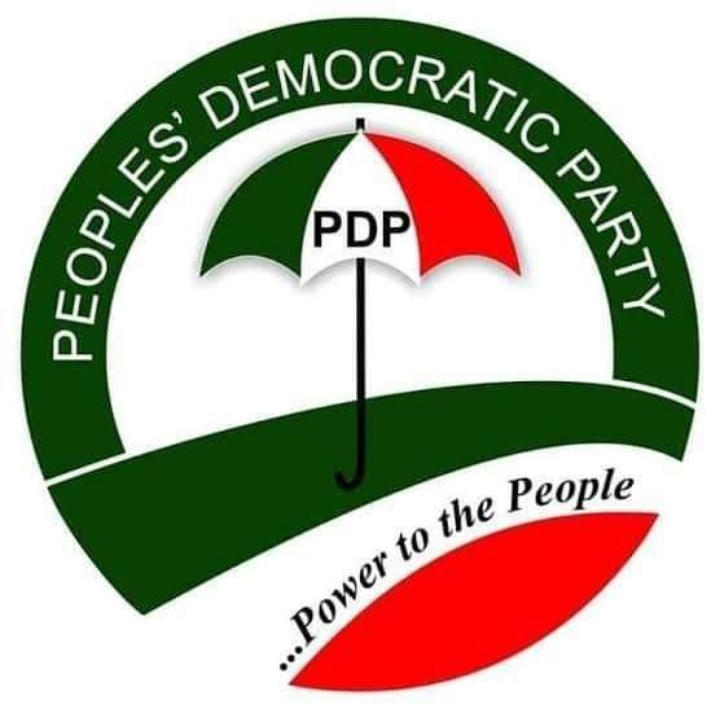Factors Casting Shadow On President Tinubu’s Renewed Hope Agenda
By Wilson Macaulay
As President Bola Ahmed Tinubu’s Renewed Hope Agenda approaches its second year anniversary by May 29th 2025 , it has vented another opportunity to have a critical look at a mix of economic indicators, mounting debts, and subdued investors confidence , revealed cracks in the foundation of his
Renewed Hope Agenda vision for national revitalization. Though touted as a roadmap for economic recovery, social cohesion, and governance reforms, recent developments exposed the daunting headwinds confronting the President’s agenda which paints a more complex picture of Nigeria’s trajectory than the common man can see at the Peripheral surface.
Nigeria today is a fragile economy under pressure. To convince you on that point, let me give you some graphic details.
On April 11, 2025, the Nigerian Stock Exchange All-Share Index (NSE ASI) posted a minor decline of 224.9 points, closing at 104,563.3 — a 0.21% dip. While this may seem insignificant at face value, market analysts argue that such subtle fluctuations often reveal deeper investor anxiety. With rising inflation, a volatile naira, and underwhelming corporate earnings, the equity market’s performance underscores a fragile economy struggling to gain sustainable traction.
Despite efforts by the Central Bank of Nigeria (CBN) to tighten monetary policy and stabilize the currency, many investors remained wary. The underlying concern is that President Tinubu administration’s policy direction, though bold on paper, lacks cohesive execution, causing uncertainty across financial markets and dampening investor morale
in so many core area of our national economy.
The economy under President Bola Ahmed Tinubu is not doing well too because it is saddled with mounted debt burden.
Perhaps the most glaring challenge to Tinubu’s Renewed Hope Agenda promise is Nigeria’s ballooning external debt — particularly to multilateral institutions which have surpassed that of former President Muhammadu Buhari whom Nigerians loathed for being savvy to borrowing.According to the Debt Management Office (DMO), Nigeria’s debt to the World Bank surged by $2.36 billion in 2024 alone, climbing from $15.45 billion in 2023 to $17.81 billion by the end of December 2024.
This increase includes new loans from both the International Development Association (IDA) and the International Bank for Reconstruction and Development (IBRD). The IDA loans rose from $14.96 billion to $16.56 billion, while IBRD loans jumped significantly from $485.54 million to $1.24 billion — a growth rate of 155%.
While the government insists that these funds are crucial for addressing infrastructural gaps and boosting economic reform, critics warn of a looming debt trap, particularly as revenue mobilization remains poor and oil earnings continue to underperform due to global volatility and persistent under production.
The NESRT Loans:
Reform or Reliance?
A closer examination of the six new World Bank loans approved for Nigeria in 2024 reveals President Tinubu administration’s too much dependence on international financing to prop up economic reforms. These loans, totaling $4.25 billion, span key sectors such as healthcare, governance, infrastructure, and fiscal stabilization. If you ask me there is nothing on ground right now to substantiate or to justify borrowing a farthing for our health care sector. and all the other cooked up stories to justify borrowing dollars that will largely go into private pockets while Nigerians bears the burden of the debt is a story better told to the Marines.
Justification For Fear Over Our Growing
National Debt.
Every patriotic Nigerian will be naturally disturbed when the true picture of the renewed hope is xrayed.
The centerpiece of the the Tinubu debt package is the $1.5 billion Nigeria Economic Stabilization Reform and Transformation (NESRT) Development Policy Financing (DPF), approved in June 2024. The APC political organ Marketed this policy as a game-changing intervention, the (NESRT) DPF according to the Government aims to support macroeconomic reforms, create fiscal space, and protect vulnerable populations . This is what they made the masses believe. To be honest l also thought that President PBAT will be better than former President Muhammadu Buhari. But, l was damned wrong. Informed stakeholders who have the facts and figures keep questioning PBAT on the effectiveness of deploying such massive loans in an environment riddled with systemic inefficiencies, bureaucratic bottlenecks, and governance concerns. A place where two years to 2027 election campaign have almost taken over concentration on governance.
Another of my germane worry is the $750 million loan that was recently approved for the “State Action on Business Enabling Reforms” (SABER) program, which targets improved non-oil revenue generation and stabilization of oil and gas income. While this initiative is laudable, the inconsistent implementation of past reforms leaves room for skepticism about long-term impact. Trust me, this loan we are talking about can only be accessed by those loyal to the players in the power bloc.
Additional loans include $500 million for the Rural Access and Agricultural Marketing Project, and funding for the “HOPE” governance project and the “Strengthening Primary Healthcare Service Delivery” initiative. When next you visit any of our public health care facilities, do your fare assessment to enable you pass your judgement on the the justification of Government for borrowing in the name of a health sector which is practically in limbo.
Most of the Programmes lined up as renewed hope Agenda, though critical and good looking on paper, they risk being undermined by poor oversight and institutional corruption as non of the Projects gets transparently executed.
The abandoned renewed hope Agenda Estate at Ekpan Near the the Refinery, which President Tinubu Promised will be ready in four months one year after is a classical example of the disparity between policy makers and the expectation of the people.
The Disconnect Between Policy and People
Despite the raft and dossiers of reforms — from fuel subsidy removal to foreign exchange unification — many Nigerians are yet to feel the promised “renewed hope.” Instead, we are facing soaring food prices, soaring transportation costs, and general economic hardship. The fuel subsidy removal, for instance, while fiscally rational, has led to increased living costs without a corresponding rise in incomes or social cushioning programs.
Public perception of Tinubu’s government is further challenged by concerns over inclusivity, growing insecurity in many parts of the country, and the slow pace of judicial and civil service reforms is another course for worries. As expectations remain high, particularly from young Nigerians, women, and small businesses, the administration of. PBAT risks losing goodwill if tangible benefits of reforms do not materialize soon. The above reason underscored why I wrote my second open letter to Mr President to graciously commence the Home Grown School Feeding Programme initiative which will act as a micro catalyst to keep the economic system busy for good
The Road Ahead:
The Paths and Correction Needed .
With mounting domestic pressure and increasing scrutiny from global institutions, President Tinubu must urgently recalibrate many aspects of his agenda if he truly wants to succeed
This includes:
Accelerating economic diversification beyond oil, with deeper support for SMEs and local industries. Declare a State of Emergency on Agriculture and direct all State Governors to go back to the farm for serious engagement in agriculture.
Enhancing transparency in the management and disbursement of international loans.
Strengthening institutional capacity to implement reforms and monitor progress.
Improving social protection to cushion the impact of economic shocks on the vulnerable mass population.
Conclusion
The Renewed Hope Agenda was launched with the promise of restoring confidence, prosperity, and pride in Nigeria’s economy and governance. However, as the economic landscape grows more complex and public disenchantment simmers, the Tinubu administration must recognize that hope alone is not a strategy. Concrete action, inclusive policies, and measurable results are what Nigerians — and the world — is looking for.
Unless bold steps are taken to align vision with execution, President Tinubu’s Renewed Hope Agenda may be remembered not for transformation, but for missed opportunities. The time to act decisively is now.
Comrade Wilson Macaulay is a
Development Advocate & Public Affairs Commentator.
Facilitator of the Column titled :The Prism of the Ruled.He is based in
Warri, Delta State Nigeria
April 14, 2025










